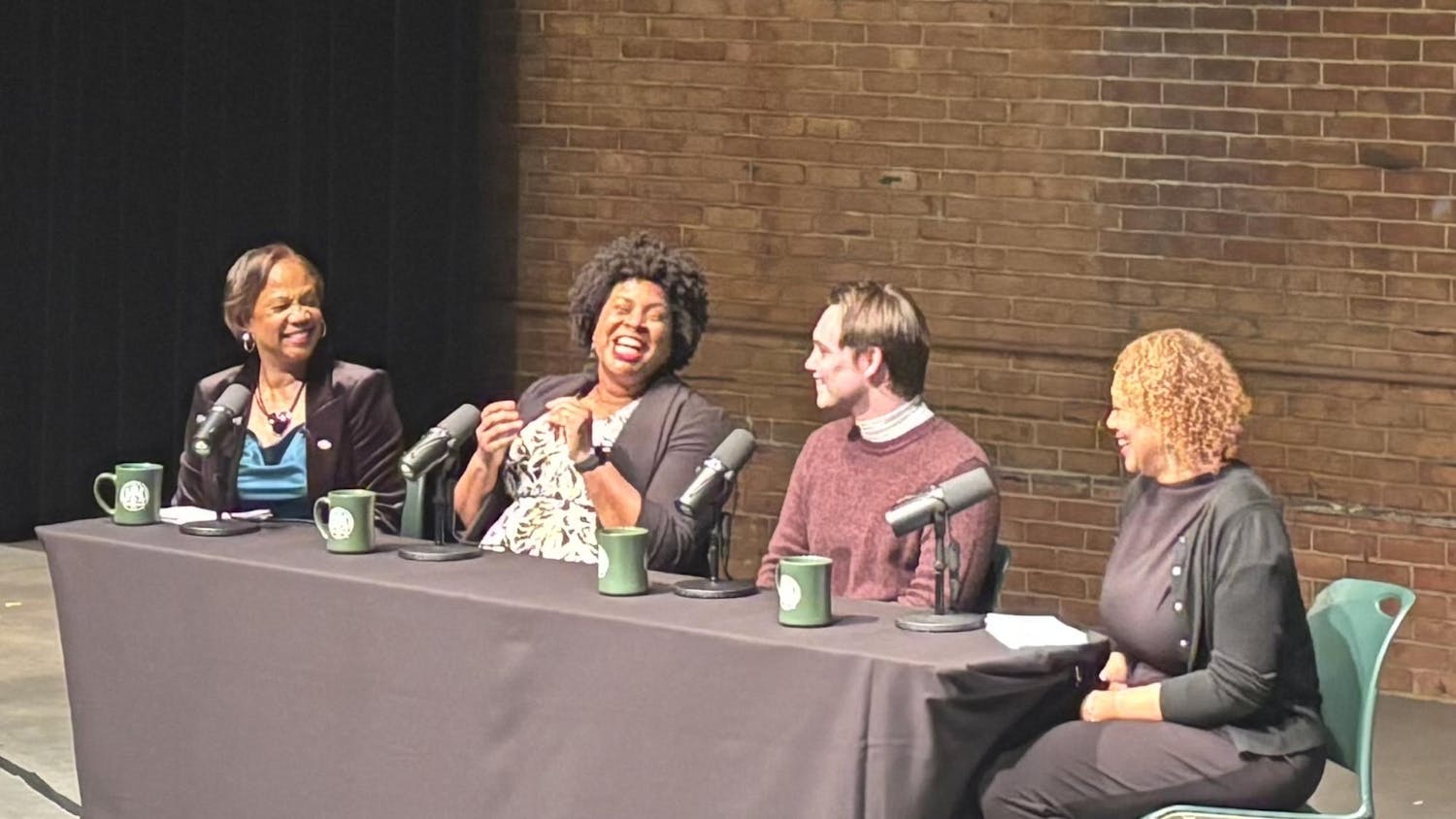Recently, the Women’s Resource Center announced it would end productions of The Vagina Monologues. The reason? It’s insufficiently diverse and inclusive. First, let me be clear that I agree with that assessment, and I claim no attachment to the continuation of the monologues. But even as a queer feminist, soon to be graduating from Eastern’s Women’s and Gender Studies program, I write this: it’s a terrible mistake to end the monologues on a basis that boils down to The Vagina Monologues do it wrong.
It is true that the series of monologues has not aged well as our culture adjusts to the manifestation of different gender possibilities—we have the benefit of hindsight. A major qualm is that the monologues equate vaginas with womanhood, thereby excluding trans women from the what it means to be women. Trans women deserve to be counted as women, and their experiences deserve to be amplified over the deluge of white, cisgender women’s stories. However, there remain good reasons to separately consider what it means to inhabit particular kinds of bodies.
Different women face different violence, and bodies make a difference in the nature of the violence we are likely to experience. It’s worth noting that, for trans women, the difference is usually that the violence is more severe, more frequent, and the motivation is precisely that they are women who lack vaginas that conform to the strictest definitions. Feminists often set inclusivity as the ultimate goal in all endeavors, but in doing so, we flatten out nuances that matter.
Exclusion is not purely and strictly unjustified. To be sure, there is an important difference, for example, between the exclusion of white people from a space intended for black people and the opposite scenario. Those nuances should be addressed as just that: nuances. Power changes with context, meaning injustice does not have equal implications across applications. We cannot expect inclusion to be equally accomplished across dialogues (or monologues) and our attempts to accomplish exhaustive inclusion in all of our feminist endeavors costs us important nuance. Ending the monologues on the basis that they don’t include everybody suggests that it is possible to tell stories like those The Vagina Monologues tells in a singular way that can be unequivocally stamped “correct.” It’s not.
In academic writing and research, we are continually narrowing the scope of our theses; the world is far too vast to even remotely accomplish exhaustive inclusivity. We generally do better justice to our subjects if we consider them within contextual constraints. I think a similar principle applies here. The Vagina Monologues focuses on what it means to inhabit a body with a vagina that conforms to certain, indeed dominant, definitions, addressing only a minutia of possible experiences of embodiment. That said, it’s had a good run and there is ample demand for stories that tend to the different ways to be women.
I think it would be an alarmist overstatement to call the decision censorship, but I worry that the justification provided by the Women’s Resource Center bends to a dogmatism that drives us toward an all-or-nothing ideology, when an additive both/and approach would be more truly inclusive and would better accomplish the missions of a liberal arts education. If we hold each other to expectations that approach perfection, as we seem increasingly to do, we will inevitably fail.
End the production because it no longer draws a crowd, or because it no longer earns enough money towards the charities it benefits. End it because students are no longer interested in performing it. But all stories deserve our attention, if only because they are insufficient. Like the literary Grotesque, some stories are designed to elicit our disgust and offense. In this case, the offense is the inadvertent result of a white feminist blind spot, but its inadvertence is just as valuable as sincere offense. I would similarly defend the academic worthiness of The Birth of a Nation (1915), the notoriously racist silent film heralding the Ku Klux Klan. While it, too, has not aged well, and these are far from equal examples, both have some place in how we understand our culture and each other. The insufficiency of The Vagina Monologues and the outright offensiveness of The Birth of a Nation do not render either unworthy of our consideration, but all the worthier. Let’s not look away from what neglects, offends, or threatens. Contend with it. Are we not, as the saying goes, doomed to repeat the history we forget?










